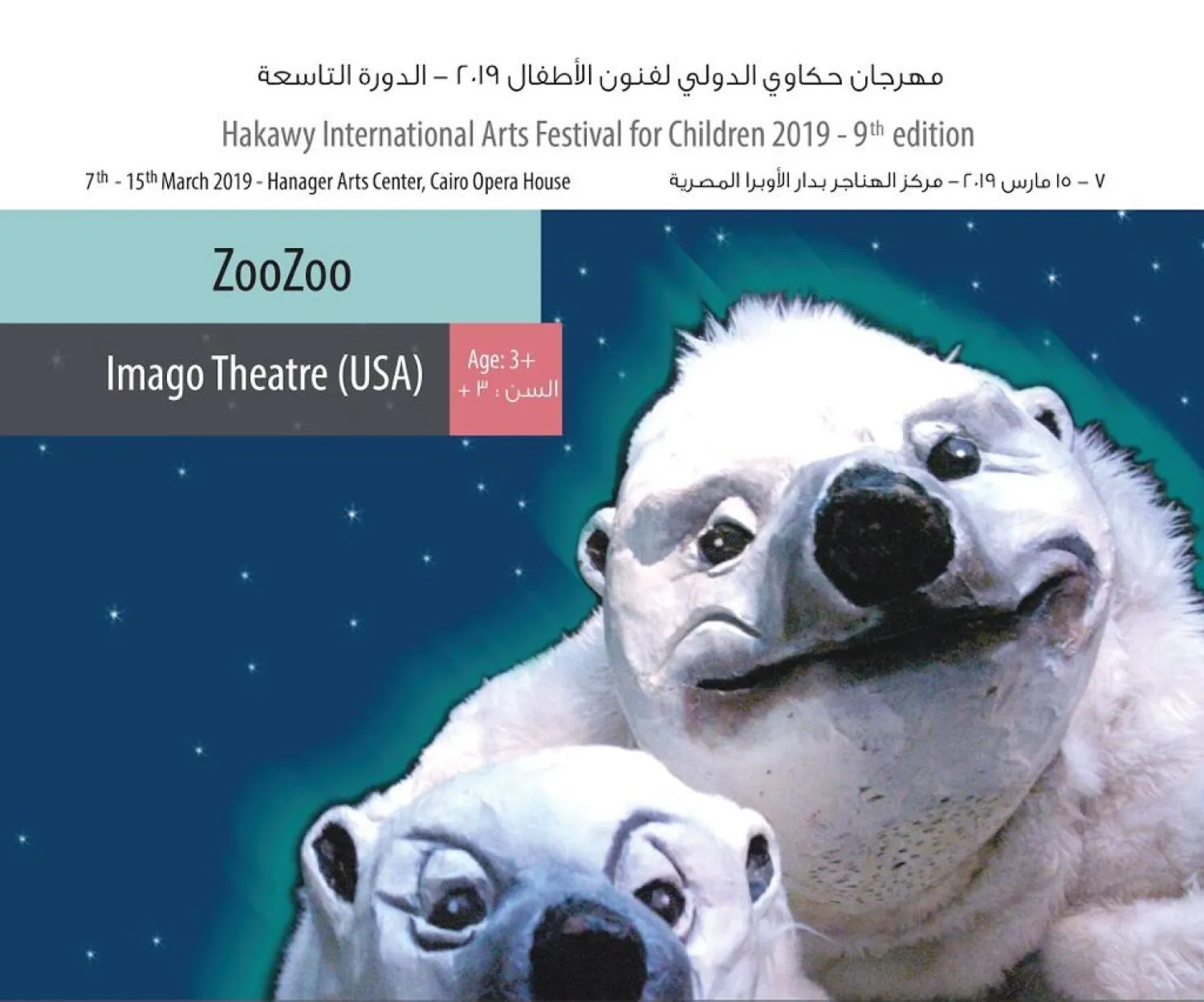Offering a sweeping variety of exciting art and cultural performances, Egypt’s 2019 Hakawy International Arts Festival for Children succeeded in drawing in large crowds, mainly children, to the coastal city of Alexandria ahead of its opening event on Wednesday.
Running from March 7 to 15, this year’s festival will offer its audience child-friendly performances and talents from around the world. Next to nine slotted Egyptian shows, eight international acts will be performed by artists from each of the Netherlands, Britain, France, the United States, Germany and Denmark.
Performing acts will be hosted by three different theaters in three different provinces with pre-launching shows booked for Alexandria. The official opening spectacle, featuring the re-screening of “The Big Night”, will take place on Cairo’s Hanager Theater and Gallery, while the final show will take place in the Minya governorate south of Cairo.
International acts attracted great interest from anticipating spectators. Hundreds of Alexandria’s children have voiced their excitement for the American ZooZoo act.
Imago Theatre, best known for FROGZ and internationally acclaimed for its special brand of vaudeville, comedy, acrobatics and illusions, proudly announced its latest family hit, ZooZoo, which combines mime, dance, music and special effects. Featured creatures include polar bears, bug eyes, anteaters, frogs, rabbits, hippos and penguins.
One of ZooZoo’s performers, in an interview with Asharq Al-Awsat, elaborated on the Egyptian audience’s great receptiveness, adding that the production employs professional body language as the sole medium for communication able to bridge cultural gaps.
Rasha Eid, deputy director of Bibliotheca Alexandrina - Arts Center, stressed that festival organizers will work harder to further diversify the art and theater shows to be offered to children in 2020 in Alexandria.
“More than 1,000 children have enjoyed the Hakawy Festival for two days,” Eid told Asharq Al-Awsat.
“We (Alexandria) will host the tenth edition next year to allow more children of Alexandria to see the diversity of art and theatrical world,” she added.
“The festival launched its first show after the January 25, 2011 uprising, to teach children values and culture through art,” said Mustafa Mohamed, one of the festival directors, told Asharq Al Awsat.
“Carefully select shows are offered to resonate with youth-- these performances often involve mimes and dynamic shows that are easy for children to enjoy and connect with,” he said.
Mohammed also pointed out that across the festival’s editions, “about 40 Egyptian shows and over 50 international performances, in cooperation with foreign embassies, have been offered to the public across several of Egypt’s provinces.”
He further revealed that the Festival, organized by the AFCA for Arts and Culture’s team, plans to expand into more Egyptian governorates for its future editions.









